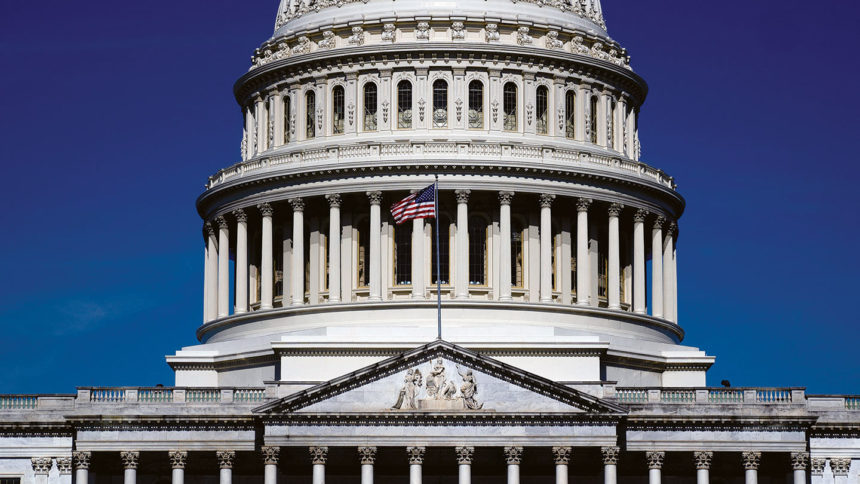
A bill that would allow more nursing homes to train their own nurse aides has been introduced in the Senate, a move sought by providers after House introduction earlier this month.
Ensuring Seniors’ Access to Quality Care Act in the Senate by Sens. Mark Warner (D-VA) and Tim Scott (R-SC) would remove a blanket lockout that has stopped many facilities from providing training when they’ve been cited for too many deficiencies.
Since its passage in 1987, the lockout provision has confounded providers as being counterintuitive for those who have typically exhibited a demonstrable need for more staff training, not less.
Its existence has been increasingly problematic during the pandemic, as nursing homes have lost more than 210,000 workers, many of them certified nurse aides. A waiver allowing temporary nurse aides to work longer without completing all training and testing requirements has also expired, adding pressure on providers to find new ways to improve training access.
“Certified nurse aides are integral to the quality care that nursing homes provide; more are desperately needed,” Katie Smith Sloan, president and CEO of LeadingAge, said in a statement after the bill’s Thursday night introduction.
“In addition to providing a solid educational foundation, [on-site] training programs also serve as an introduction to aging services, exposing students to nursing homes’ daily work routines and community cultures. They’re critical,” Sloan added. “Particularly now, when nursing homes are in dire need of more staff, we must leverage every possible opportunity to bring qualified workers into the sector and build pipelines to help deliver quality care for our country’s aging population.”
The bill is a companion to a House version introduced on May 11, 2023. That bill had not picked up any co-sponsors as of Friday, a spokesman for one of the two initial sponsors told McKnight’s Long-Term Care News. Both the House and Senate versions have bipartisan lead sponsors.
Both the Senate and the House bills modify the training suspension mandated by the Omnibus Budget Reconciliation Act of 1987 (OBRA). A two-year suspension is required for fines that pass a certain threshold, even if they are unrelated to the quality of care or are unrelated to the nursing home’s CNA training program.
They would grant CMS greater flexibility in reinstating CNA training programs if providers avoid other major citations and can prove they’ve returned to compliance on past issues.
Nursing homes’ on-site CNA training programs are often free to the job candidate, versus programs at community colleges or other institutions that require entry level workers to invest thousands of dollars before being hired.
A similar measure last year never passed.




